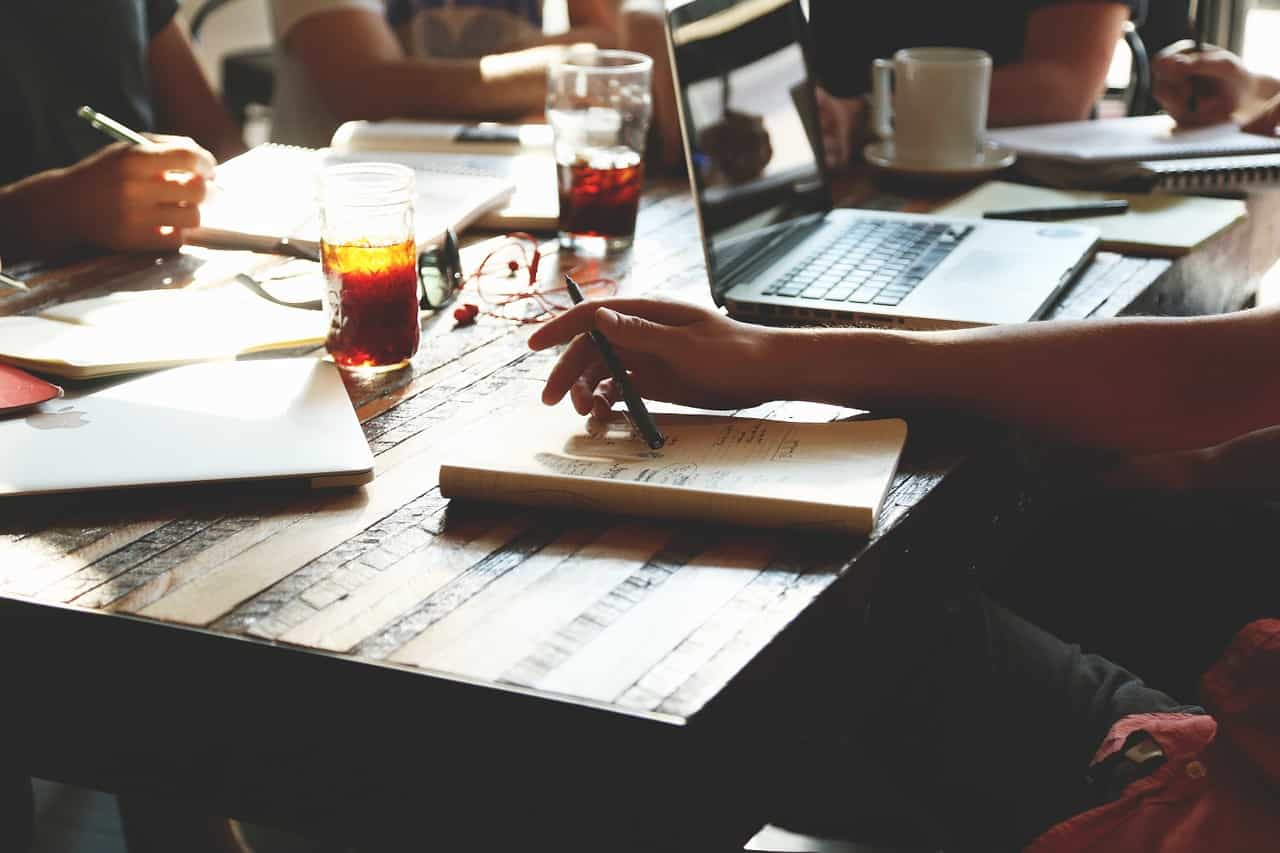
In order not to be overwhelmed with managing work in the office, see these ways!
When in a meeting or briefing with the team, make a to-do list. The list will help and ease you to make a work plan. Make sure you ask again about the work that needs to be done with your boss or your colleagues to avoid miscommunication. If you don’t understand the work, don’t be afraid to ask.
After the meeting or briefing is done, arrange your notes in order based on the priorities. This is needed to make your work easier and can be done in a systematic way. After you are done making a work plan, you must also make your own deadline. For example, you have a target to finish one work within a certain period. It is better if you make your own earlier deadline rather than the specified deadline made by your office. So when there is a revision, you can still have time to do it.
 Photo source: https://pixabay.com
Photo source: https://pixabay.comAfter making plans, finish your work right away. To boost your mood, you can start with an easy job and then move to a harder job or the priority one. Not postponing your work will help you avoid piling up work. Just like a sentence saying “The sooner the better”, it is the same with your work. The sooner you do it, the better for you. With that, not only you will be seen as an on-time person, but also as a responsible and reliable person in the office.
 Photo source: https://pixabay.com
Photo source: https://pixabay.comWhen working, make sure you avoid things that can be a distraction. For example, you can work in a quiet place, keep your phone away so you will not be disturbed by your phone’s notifications, or reject your friend’s invitation to hang out. If there is a colleague that gives you another job and you feel that you will not be able to do it because you already have much work, it is your call to say no. Because you have the right to say no if you really cannot do it.
Know yourself first. Are you among the people who could work in the morning, afternoon, or evening? It is closely related to productivity and focuses on work. If you are the type of person that can be more focused on doing things in the morning, so do things that need energy and ideas in the morning. Then after lunch or in the afternoon, you can start doing easier things.
Who says checking e-mail does not need energy and mind? To reply to e-mails, we need to think and focus. Make sure you don’t make a mistake in writing and giving information to your clients. This includes making sure there are no typos or writing mistakes. The best time to manage your e-mail is in the morning before you start working. And in the afternoon or before you go home from work. Avoid checking on e-mail when work time, because it will ruin your focus.












